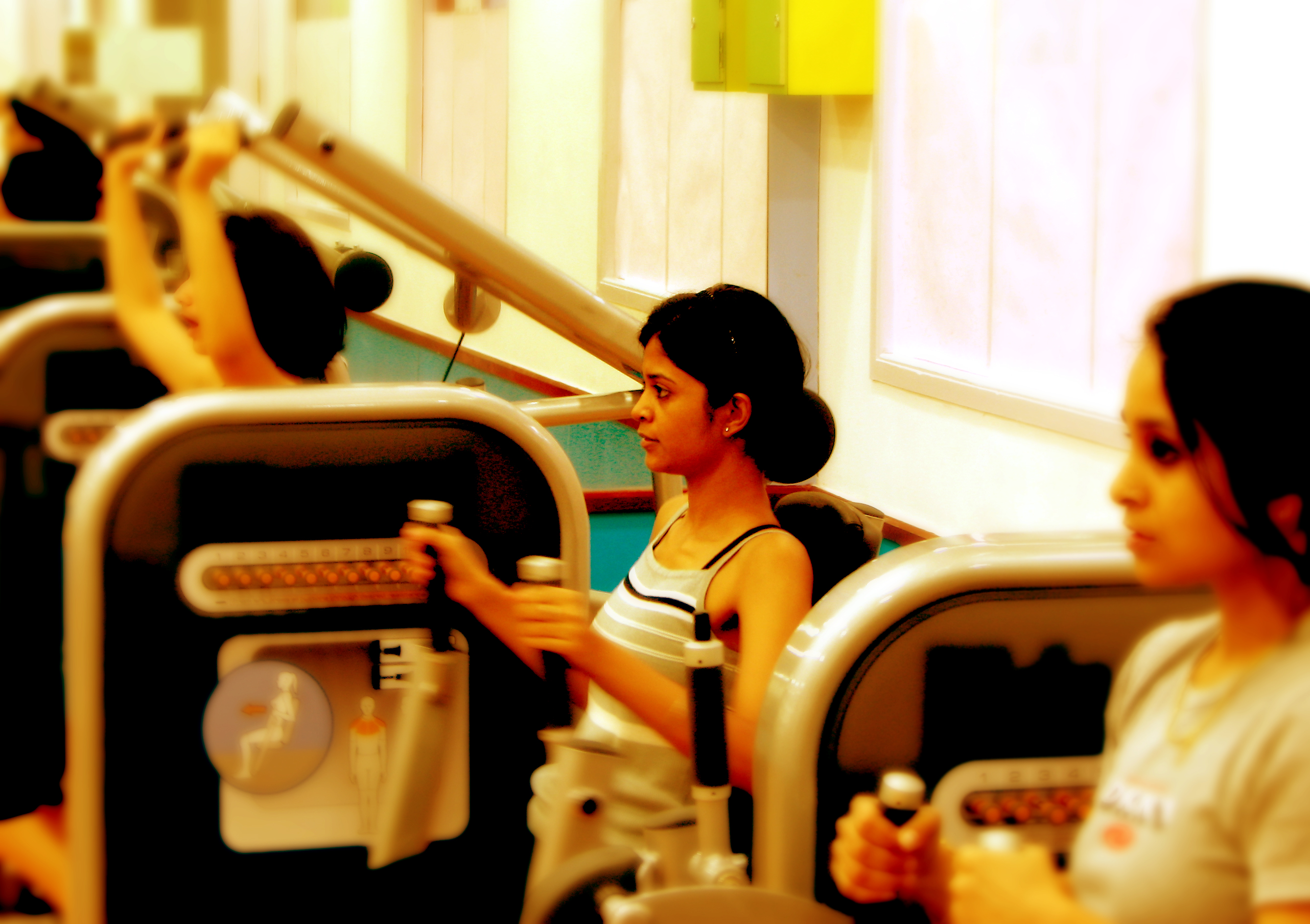
WEDNESDAY, Nov. 13 (HealthDay News) — Women who suffer a concussion may heal more slowly if the injury occurs in the two weeks leading up to their menstrual period, a small new study suggests.
“The phase of the menstrual cycle when a woman suffers a concussion has a lot to do with the outcome,” said study researcher Dr. Jeffrey Bazarian, an associate professor of emergency medicine at the University of Rochester School of Medicine and Dentistry.
Bazarian studied 144 women who had a concussion, evaluating them both in the hospital and a month later. During the follow-up evaluation, he said, those women who had the concussion in the two weeks before their period “perceived their overall general health to be worse and were more likely to have headaches and dizziness.”
On the other hand, women who had the concussion in the two weeks after their period or women on birth-control pills fared better, Bazarian said.
The study was published Nov. 13 in the Journal of Head Trauma Rehabilitation.
Bazarian suspects that the differences in recovery has to do with levels of progesterone, a hormone believed to protect the brain. A concussion, like any stressful event, can shut down the brain’s pituitary gland, which generates progesterone.
Bazarian’s team looked into whether a decrease in progesterone from its highest levels in the two weeks before menstruation would make a difference in recovery. Bazarian speculated that a concussion that occurs when progesterone levels are high is worse than one that occurs during other parts of the monthly cycle, when the levels are already lower.
Although concussions are often thought of as an injury linked mostly with men’s football, that’s not accurate, according to a recent report from the Institute of Medicine. The report found that rates appear to be higher among female athletes and those with a history of concussions. Although concussions do occur in football, they also are common in hockey, lacrosse, wrestling, soccer and women’s basketball.
A concussion is known medically as a type of mild traumatic brain injury.
In Bazarian’s study, the 144 women, aged 18 and older, got to the hospital within four hours of their head injury. They gave blood samples, and the researchers measured progesterone levels.
Of the 144 participants, 37 were in the high-progesterone group, 72 were in the low-progesterone group and 35 were on birth-control pills.
Those on birth-control pills with progestin would be expected to have a good outcome, Bazarian said, because the pills would prevent any drop in progesterone.
More research is needed, Bazarian said, but he suggested that women who suffer a hit to the head tell their doctor what phase of their cycle they are in. “Relaying the information to the health care provider might help the health care provider know what to expect in terms of outcome,” he said.
The new findings are intriguing, said Kenneth Podell, co-director of the Methodist Concussion Center and director of the neuropsychology section at the Houston Methodist Neurological Institute. He was not involved with the study.
“The results are extremely preliminary,” Podell said, and they don’t prove cause and effect. However, he said, “this suggests people who take care of those with concussions should pay more attention to this [phase of the cycle].”
The number of women studied was relatively small, Podell said, and the differences among groups weren’t extreme.
More information
To learn more about concussions, visit the Institute of Medicine.
Copyright © 2026 HealthDay. All rights reserved.

